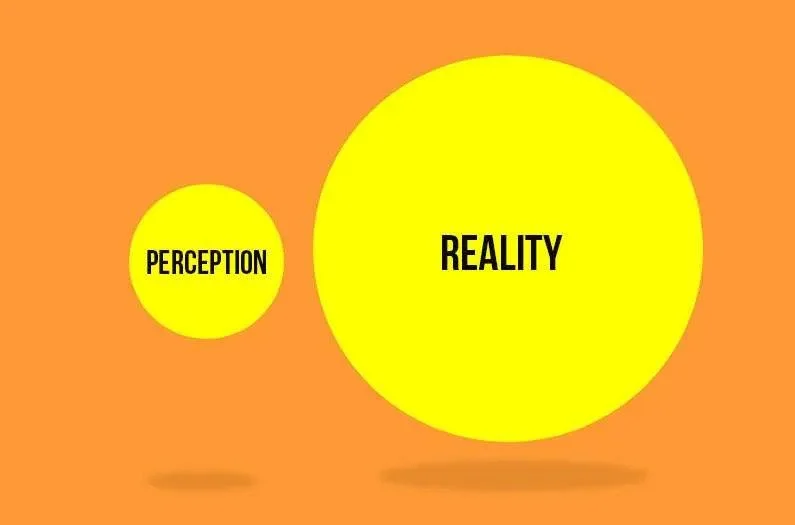The world is in a state of pluralistic ignorance, a new international study finds. And dispelling the unfounded pessimism is a key to tackling climate change.
By Sarah DeWeerdt, Anthropocene, February 20, 2024
Nearly 70% of the global population would give up 1% of their household income to stop climate change, according to a new survey of nearly 130,000 people in 125 countries.
“The results are tremendously encouraging,” says study team member Armin Falk, a behavioral economist at the University of Bonn in Germany. “A very high proportion of the world’s population is willing to incur a personal economic cost to fight climate change and demands intensified political action.”
But most people underestimate others’ willingness to contribute to fighting climate change, the study suggests – and this erroneous perception could hamper climate action. This misunderstanding of others’ beliefs, which scientists call ‘pluralistic ignorance,’ could hamper climate action. This is because in many situations, people exhibit so-called ‘conditional cooperation,’ meaning that they are more willing to contribute to collective action when they think others are too. In fact, the researchers found evidence of conditional cooperation in the current study: At both the country and the individual level, there was a correlation between willingness to contribute 1% of income and perceptions of others’ willingness to contribute.
The researchers aim to probe the reasons people underestimate other people’s willingness to act against climate change, Falk says. “Understanding more about the origins of this perception gap may help us design more effective policies in the future.”
Source: Andre P. et al. “Globally representative evidence on the actual and perceived support for climate action.” Nature Climate Change 2024.

